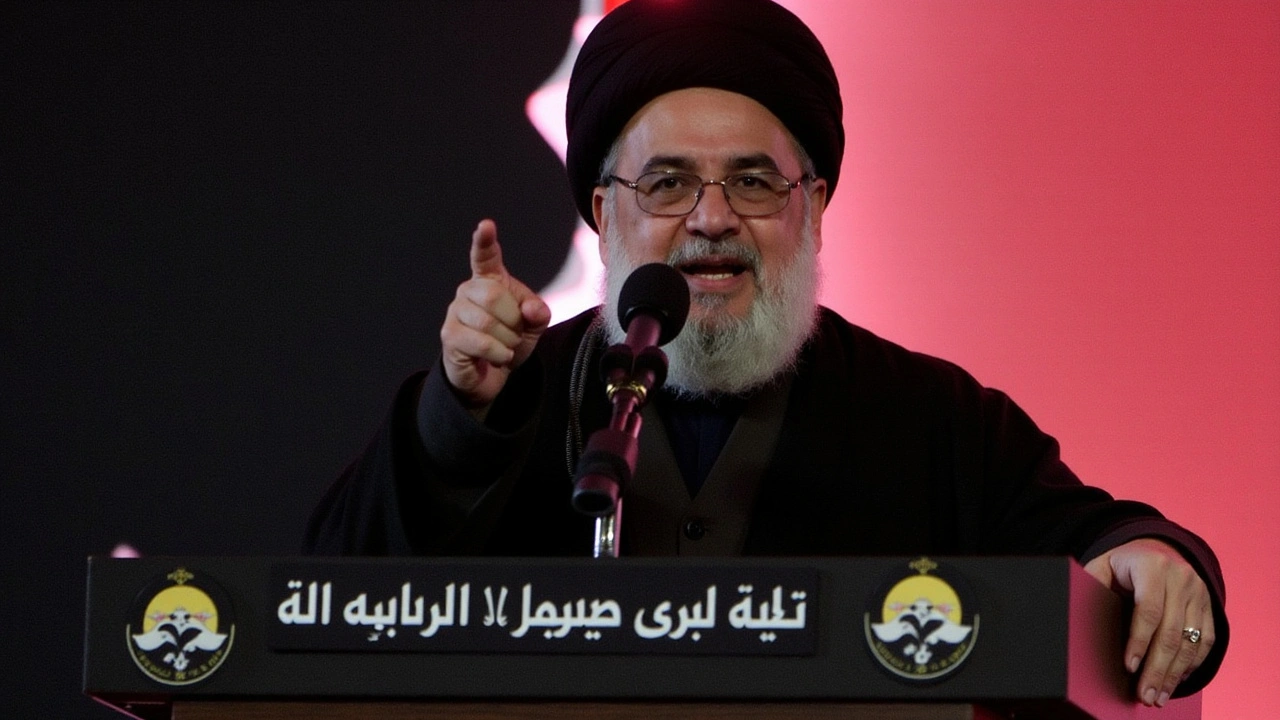Hassan Nasrallah — news, context and what his statements mean
He speaks rarely but when he does, the region listens. Hassan Nasrallah has led Hezbollah since 1992 and is one of the most influential figures in Lebanon and the wider Middle East. His public lines shape political moves, security postures and media angles. If you follow Middle East news, understanding his rhetoric helps make sense of sudden escalations.
Quick context and how to read his statements
Nasrallah leads Hezbollah, a political movement and an armed group that sits in Lebanon’s parliament while keeping a significant military wing. He rose through the ranks in the 1980s and became leader in the early 1990s. That mix of elected power and armed capability means his words are both political messaging and strategic signals.
When he speaks, watch the medium, timing and audience. A long televised address on a war anniversary often aims to boost support and warn opponents. A short written statement after a meeting can aim to calm tensions or set red lines. Look for repeated phrases, who immediately replies, and what actions follow in days after the message.
How this tag helps you and how to verify breaking claims
This tag pulls together reporting, verified statements, timelines and plain-language analysis so you can track developments without noise. Expect verified translations of major speeches, context explainers on Hezbollah’s political role, and analysis of how statements affect Lebanon, its neighbours and wider regional ties.
In fast-moving situations verify before you share. Check two or three trusted international outlets like Reuters, AP or BBC and compare with solid local reporting from reliable Lebanese sources. Look for confirmations from international monitors such as UNIFIL and for independent analysts who cite evidence. Be cautious with social posts and early translations.
Why it matters here: Middle East shifts can ripple into Africa through trade, diplomacy and diaspora links. Ports, regional diplomacy and security cooperation sometimes change when tensions rise. For readers in Africa, understanding the basics — who Nasrallah speaks to, what he demands and which allies react — helps you spot real impact versus headline noise.
Set alerts on trusted outlets, follow academic and think-tank analysts, and use this tag to find verified stories and timelines. Avoid amplifying unverified claims and wait for confirmations before sharing. We’ll focus on clear updates, context and expert takes so you can act on facts, not panic.
Quick reading checklist before you click share: read a full translation, not just the headline; check who else reports the same line; note immediate reactions from Israel, Iran and Lebanon’s government; watch for troop, drone or naval activity in nearby waters; and look to independent monitors for confirmations. If a speech mentions 'resistance' or 'retaliation', expect political posturing but also the chance of real operations—so track follow-up within 48 hours. This tag will highlight verified follow-ups and explain jargon so you can understand what happened and why it matters.
Bookmark this tag, set alerts, and check back for clear, verified updates and analysis daily.
- September 28, 2024
- Comments 11
- World News

